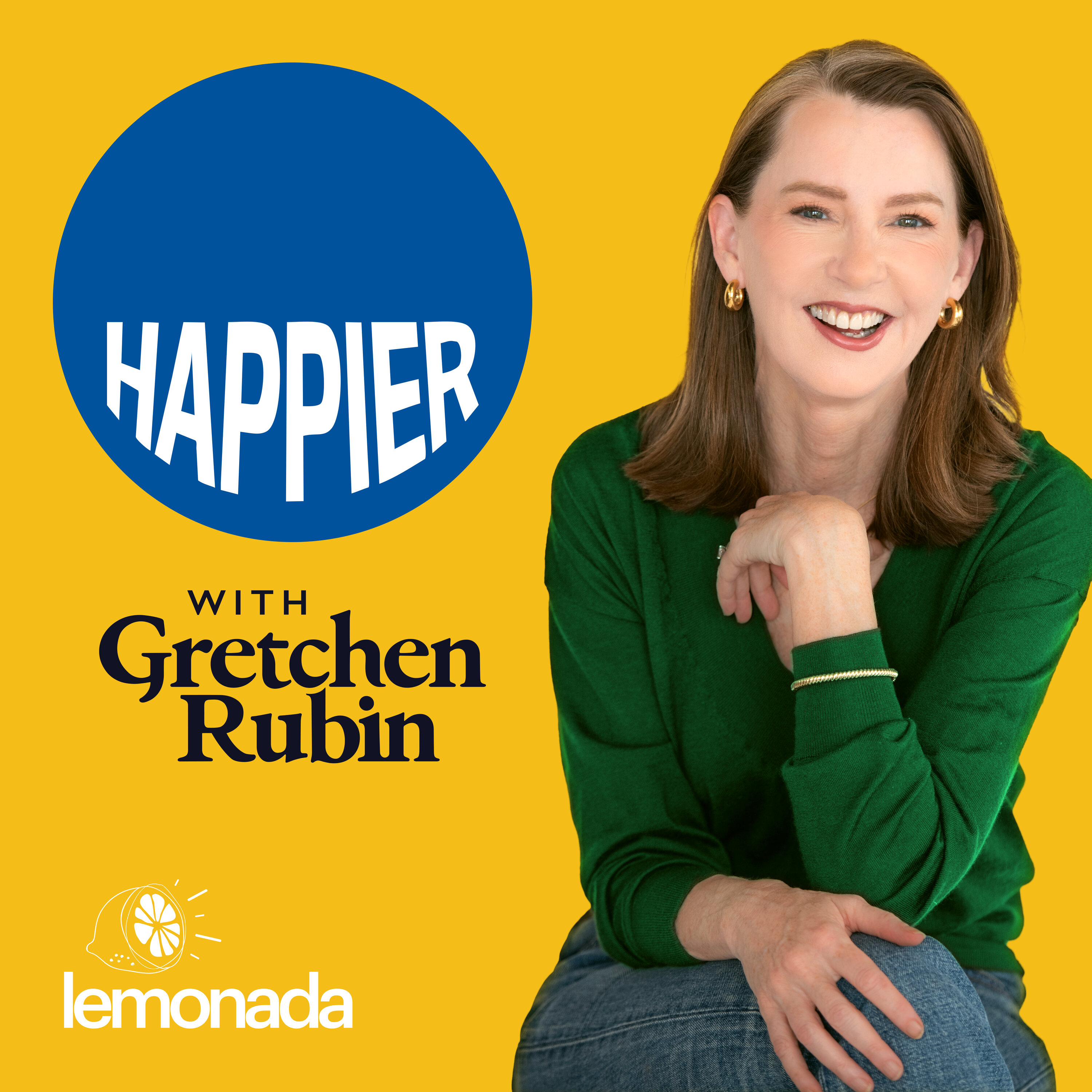
My very favorite book about parenting is actually a book that applies not just to parents and children, but to all relationships. I’ve read this book several times, and I’ve applied its principles in every aspect of my life.
I love this book because not only is it full of terrific insights, it’s also so well-written that it’s a pleasure to read. It was written in 1979, which shows in some ways, but it’s still so timely.
The book is How to Talk So Kids Will Listen and Listen So Kids Will Talk by Adele Faber and Elaine Mazlish. I love many of the books by these authors—especially Siblings Without Rivalry—but this is my favorite.
I remember many of the examples and principles of the book, but there’s one passage that stands out in my mind most clearly. In its simplicity, I find that I think of it often. I think of it so often, in fact, that I have a mental shorthand for it. I just think “juice story” and that’s all I need to do to remember its entire lesson.
So I read the “juice story.” It’s the opening of Chapter 5, on “Praise.”
Two sons, two mothers, two mornings that were pretty much the same…the juice story reminds me how much we can shape our perceptions, and other people’s perceptions, by the way that we speak.
On the Happier podcast, Elizabeth and I often talk about “re-framing,” and these two contrasting stories are a great illustration of the fact that we’re constantly framing reality for ourselves, and for other people, and we can make choices about the form that framing takes.
